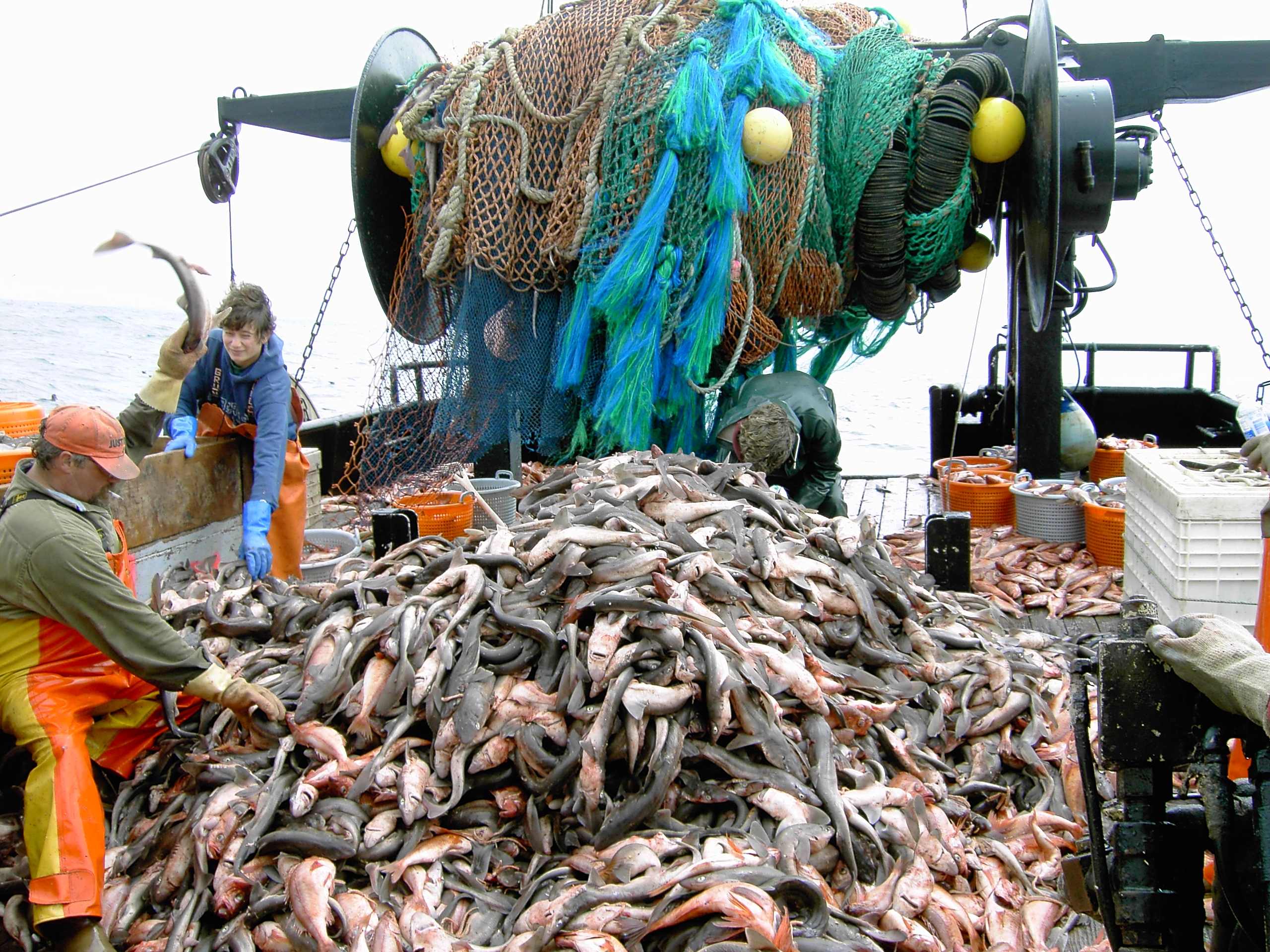A new report (10th July 2014) shows that many fish species, especially those at the top of the food chain, are faring badly in the English Channel.
The report’s authors say that this is evidence of “fishing down the food chain”. Since the 1940s, commonly-landed fish like spurdog, cod, and ling have come to be replaced in fishermens’ nets by fish such as small spotted catsharks, and shellfish such as scallops, crabs and lobster.
The authors recommend a network of fisheries closures to help get the ecosystem back on the path to recovery.
Dr Jean-Luc Solandt, MCS senior biodiversity policy officer, says “This report adds evidence to what we have known for a number of years now – that the huge efforts of fishing boats from many nations are continuing to fish down the food chain in the English Channel – and elsewhere. We really need governments to take on board the urgent need to better protect our seas”.
Dr Solandt continues “There isn’t one square kilometre of the English Channel that is protected from all forms of fishing. Recently the government has applied pressure to stop destructive fishing in protected areas where reefs exist in the English Channel. This demonstrates that recovery is possible if areas are closed to damaging fishing gear.”
Overfishing and the Replacement of Demersal Finfish by Shellfish: An Example from the English Channel Molfese C, Beare D, Hall-Spencer JM (2014) PLoS ONE 9(7): e101506. doi: 10.1371/journal.pone.0101506 Read the report at http://bit.ly/VSjj0o
A number of Channel sites are timetabled for consultation as “Marine conservation Zones” in Spring 2015. MCS will be keeping up the pressure on Government to designate these sites, and will be seeking your support nearer the time.
For more information visit the Marine Conservation Society


